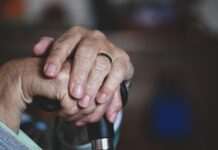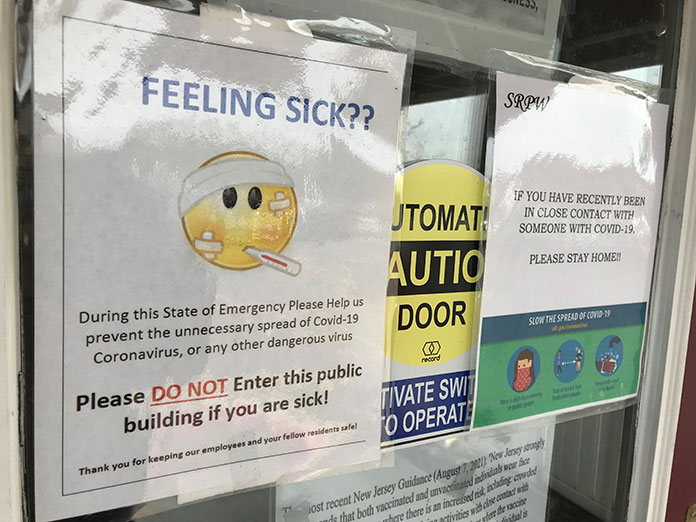
BERKELEY – There was a great sigh of relief when senior communities opened their public buildings and allowed residents to use their amenities like pools and meeting rooms. However, the protection from lawsuits against these communities is scheduled to run out.
State law was changed to indemnify those who run these buildings. They are called “common areas” and include more than just senior communities. However, in this area it is almost entirely seniors who are being impacted.
The law granted protection from any lawsuits against the community and members of its boards. Before this protection was granted, a visitor could theoretically sue the Board of Directors and the directors individually if they thought they contracted coronavirus in the clubhouse, for example. That protection runs out on January 1, 2021.
It doesn’t matter that it might be difficult to prove that someone contracted a virus in a particular location. All that matters is that a lawsuit is possible. And a lawsuit could bankrupt a community or a member of a board.
Sen. Christopher Connors (R-9th) has a bill to extend the protection indefinitely. His bill was to be posted at the next Community Affairs Committee meeting. It would have to pass this, then get voted upon by the Senate and then get signed by the governor in order for it to pass. The Assembly version would also have to go through these steps. This is a lot to accomplish in a few weeks.
“We’re not sure we can get it through both houses in a lame duck session,” he told The Berkeley Times.
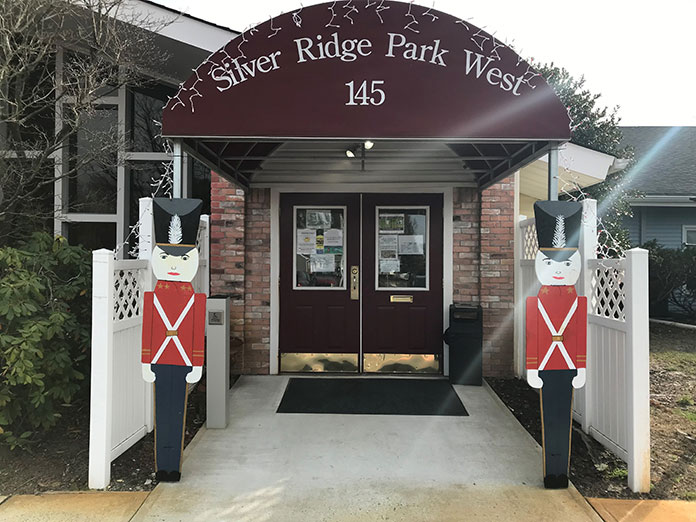
“The bill is not without some issues,” he said. “Some legislators have expressed concern about permanent immunity that goes beyond the state of emergency.”
Therefore, the bill might get revised before it could get to the floor for a vote, he said.
It’s possible that the immunity will expire, he said. However, the governor could extend it via Executive Order. Executive Orders have the advantage of being faster than legislative changes. Legislative changes have the benefit of being longer lasting.
Berkeley Councilman Michael Signorile is the president of the Senior Coalition of Berkeley Township and the Holiday City South Homeowners Association. He said the protection should be extended indefinitely.
“They’re all frivolous lawsuits,” he said. “No one’s going to win. Only the lawyers win.”
Berkeley Councilwoman Sophia Gingrich noted that the people serving on the boards of senior communities are volunteers, and they could be sued if this happens.
Berkeley Mayor Carmen Amato spoke about how seniors were shut in during the pandemic, unable to go places for safety reasons. Now, they could be shut out of their own community’s spaces due to liability laws.
Toms River Mayor Maurice “Mo” Hill said he was in favor of protecting the homeowners associations against lawsuits like this.
“You can’t go and sue people for a contagious disease. It makes no sense,” he said. “There’s no way you can prove who gave you COVID.” For example, one person in an entire household might get the coronavirus, but the rest don’t.
That won’t stop lawsuits, though, he said. So, the homeowners associations need to be indemnified.
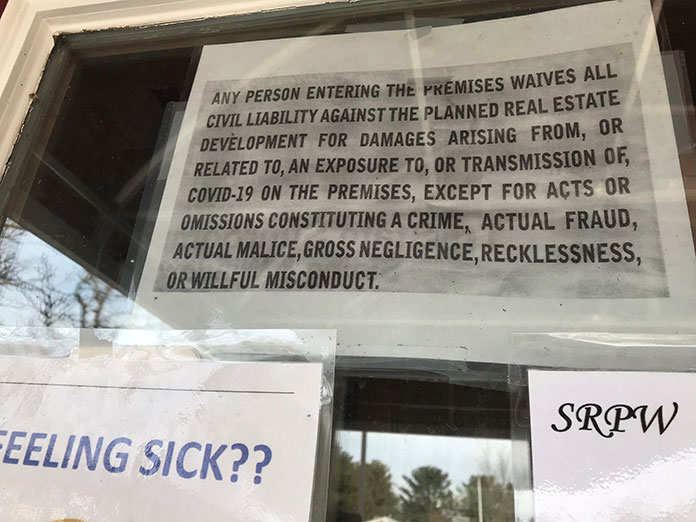
This had been an issue since the start of the pandemic. Pools, clubhouses, and other amenities were closed to the public. At first, it was a safety issue. Homeowner associations didn’t have the staff to wipe down every surface or to police the area to keep people wearing masks and socially distancing. Meanwhile, residents were mad that they were paying dues for amenities that were closed.
The State Senate bill, S-3584 and Assembly bill A-4979, created the temporary immunity.
The bill reads, in part: “Any illness, injury, death, or other damages arising from, or related to, an exposure to, or transmission of, COVID-19 on the premises of a planned real estate development shall not give rise to any cause of action.
“The immunity provided pursuant to subsection a. of this section shall not apply to acts or omissions constituting a crime, actual fraud, actual malice, gross negligence, recklessness, or willful misconduct.”
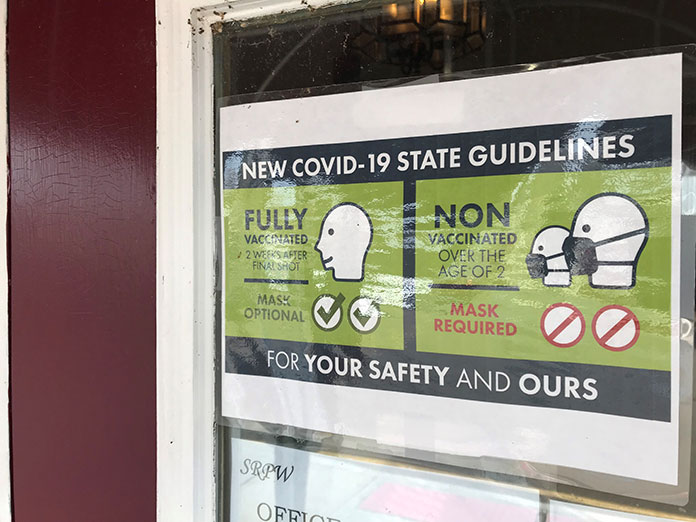
It’s important to note that the law protects all homeowner associations, not just senior ones. However, because this area is home to more over 55 retirement developments than any other in New Jersey, the impact to seniors was huge.
Some senior communities had started to open slowly, changing their own policies. For example, one made residents sign a waiver that they wouldn’t sue if they contracted coronavirus. Some allowed only members in their facilities, not guests.

